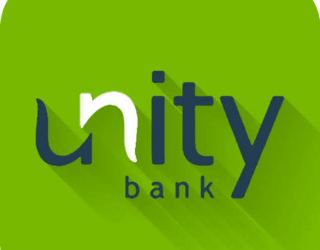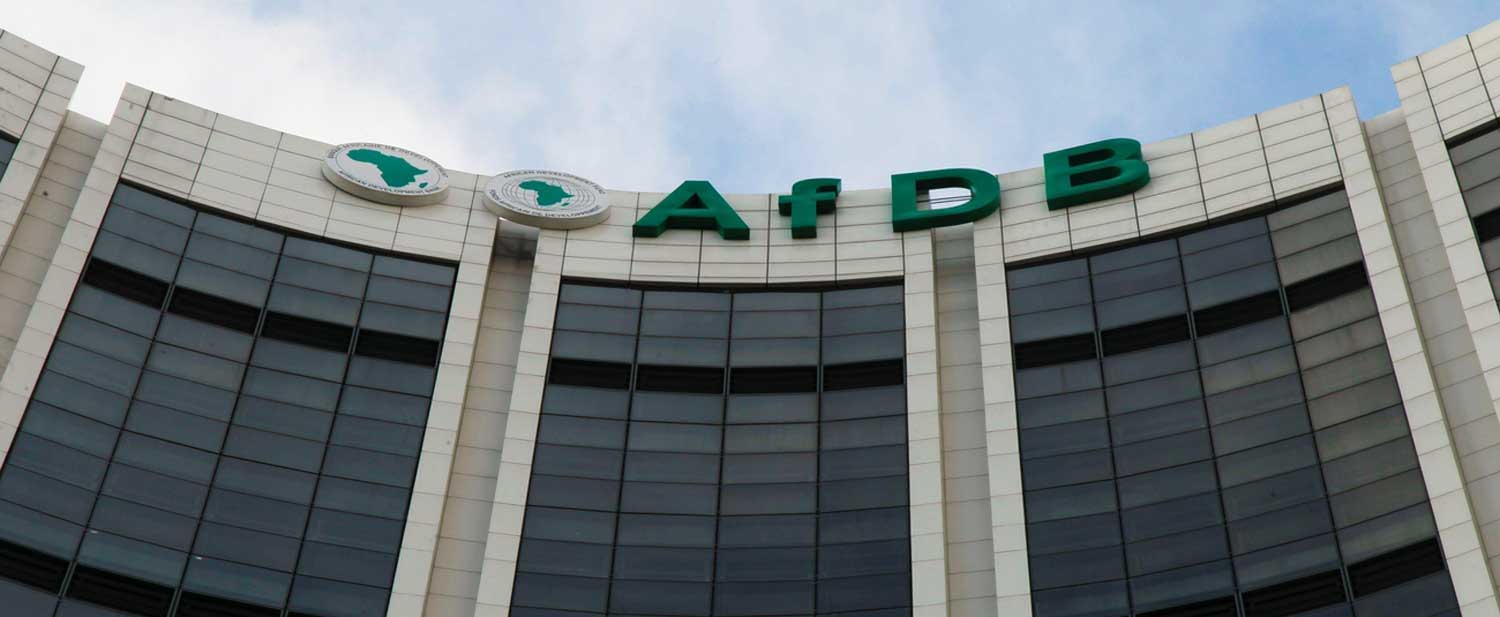Money market
Over 60m Nigerians register for BVN ahead of deadline
By Sodiq Adelakun
In a race against time, Nigerian bank customers have been scrambling to register for their Bank Verification Number (BVN) ahead of the Central Bank of Nigeria’s (CBN) impending deadline.
The latest data from the Nigerian Interbank Settlement System (NIBSS) reveals that registration has surged to 60.2 million, representing a significant increase of 2.6 percent from the previous figure of 58.7 million as of September 12, 2023.
The CBN had issued a circular on December 1, 2023, instructing commercial, merchant, non-interest, payment service banks, other financial institutions, and mobile money operators to electronically revalidate the BVN or National Identification Number (NIN) attached to all accounts and wallets by January 31, 2024.
Failure to comply with the directive would result in accounts or wallets without a BVN or NIN being placed on ‘Post No Debit or Credit’ status, effectively prohibiting any further transactions from taking place starting March 1, 2024.
According to the NIBSS electronic payment factsheet for 2021, Nigeria currently has a total of 191.4 million bank accounts, out of which a staggering 57.9 million are inactive. This highlights the urgent need for customers to update their BVN or NIN to ensure uninterrupted access to their accounts.
The Enhancing Financial Innovation and Access (EFInA) survey, titled “Access to Financial Services in Nigeria 2023,” further reveals that approximately 3 million banked adults, accounting for 5 percent of the total, do not possess a BVN or NIN.
The surge in BVN registrations can be attributed to the growing awareness among Nigerian bank customers about the consequences of non-compliance. With the impending deadline, customers are now realising the importance of securing their financial transactions and safeguarding their accounts.
The BVN system was introduced by the CBN in 2014 as a means to curb fraud, enhance the security of customer accounts, and create a centralised database for all bank customers in Nigeria. It serves as a unique identifier that links all bank accounts to an individual’s biometric data, ensuring transparency and accountability in the banking sector.
As the deadline draws nearer, banks and financial institutions are working tirelessly to assist customers in completing their BVN registration process.
Mobile registration centres have been set up in various locations across the country, making it more convenient for customers to comply with the CBN’s directive.
Money market
GTCO issues Notice of Proposed Offering


By Seun Ibiyemi
Guaranty Trust Holding Company Plc (GTCO PLC) has filed a preliminary “red herring” prospectus (Red Herring Prospectus) with the Securities and Exchange Commission (SEC) in connection with a proposed offering for subscription of ordinary shares of 50 kobo each in its share capital (the Ordinary Shares) to raise gross proceeds of up to N500 Billion (the Proposed Offering).
The number of Ordinary Shares to be offered and the price range for the Proposed Offering have not yet been determined.
According to the notice cited, the notice is issued in reliance on Rule 283 of the Rules & Regulations of the Securities & Exchange Commission, Nigeria. The notice read in part, “This notice does not constitute an offer to sell or the solicitation of an offer to buy any securities. Any offer, solicitation or offer to buy, or any sale of securities will be made only by a prospectus duly registered by the Securities and Exchange Commission, Nigeria (SEC) in accordance with the provisions of the Investments and Securities Act, No. 29, 2007 (the Act) and the rules and regulations of the SEC made pursuant to the Act (the SEC Rules).
Stating the purpose of the proposed offering, the notice further read that, “The net proceeds of the Proposed Offering will be used for (i) the growth and expansion of the GTCOPLC Group’s businesses. Such planned growth and expansion will be effected through investments in technology infrastructure to fortify existing operations, the establishment of new subsidiaries and selective acquisitions of non-banking businesses; and (ii) the recapitalisation of Guaranty Trust Bank Limited”.
Identifying the target investors, the notice read that, “The Proposed Offering is structured as an institutional offering targeted at eligible investors and a retail offering within Nigeria (the Nigerian Tranche) and a private placing to persons reasonably believed to be qualified institutional buyers outside Nigeria (the International Tranche)”. The Proposed Offering is anticipated to open by July, 2024.
The filing of the Red Herring Prospectus was undertaken with a concurrent filing of a preliminary universal shelf registration statement. The universal shelf registration will permit GTCOPLC to establish a multi-currency securities issuance programme (the Programme) to issue various types of securities, or any combination of such securities, in one or more offerings, from time to time, to raise proceeds in an aggregate amount of up to U.S.$750 million (or equivalent amount in Nigerian Naira) in the Nigerian/international capital markets during the validity period of the Programme.
The Proposed Offering is expected to be the first issuance under the Programme.
For a caveat, the notice read that, “This notice does not constitute an offer of securities for sale in the United States or to U.S. persons (“U.S. persons”), as such term is defined in Regulation S promulgated under the United States Securities Act of 1933, as amended, (the U.S. Securities Act). The Ordinary Shares being offered have not been, nor will be, registered under the U.S. Securities Act or any state securities laws, and may not be offered or sold in the United States or to U.S. persons absent registration or an applicable exemption from such registration requirements”.
Money market
Unity Bank projects N5.2bn profit in Q3, 2024


Retail lender, Unity Bank Plc has projected a Profit After Tax of N5.2 billion in Q3, 2024, according to its latest earnings forecast released to the Nigerian Exchange Group.
The lender projects a pre-tax profit of N5.7 billion while targeting a turnover of N26.93 billion in gross earnings during the quarter, an 8.2 percent increase from the Q2, 2024 projection of N24.89 billion.
An essential part of the earnings forecast also shows that the lender expects to record its interest income at N23 billion, with net revenue anticipated to hit N6.58 billion for the period.
Operating income is expected to rise to N13.38 billion, while cash flow from financing activities is projected to rise to N353.6 billion. Moreover, the improved projected cash from financing activities and the expected increase in cash and cash equivalents highlight the lender’s strong liquidity position, which is critical for sustaining current and future business operations.
The lender stated that it expects the results to be achieved and surpass the projection, barring any unforeseen significant changes in the operating macroeconomic environment under which assumptions underlying the forecast were made.
Analysts believe that the positive outlook of the lender’s Q3, 2024 earnings forecast reflects strategic growth in key financial metrics, a focus on strengthening its income base, efficient financial management, and enhancing customer deposits geared towards maintaining a strong, stable, and profitable financial institution.
Money market
AfDB launches program to enhance debt management in Africa


By Opeyemi Abdulsalam
The African Development Bank (AfDB) has launched a series of training programs aimed at enhancing the debt management capabilities of 22 fragile or transitional African countries.
According to a statement released by the bank in Abuja on Wednesday, the Public Finance Management Academy for Africa (PFMA) organised the inaugural edition of the PFMA Spotlight on Public Debt Management in Transition States.
This initiative seeks to support these vulnerable nations in effectively managing their debt and achieving financial resilience.
PFMA, an AfDB’s African Development Institute, organised the two-day policy dialogue on sustainable debt management tailored to the needs of Africa’s 22 most vulnerable countries.
The programme will help countries build their institutional capacity to better manage debt and achieve the financial resilience needed for development.
The series brings together heads of debt management offices, treasurers and accountants general, heads of revenue authorities, and representatives of central banks.
It also brings together supreme audit institutions, anti-corruption agencies, civil society organisations, academia, the private sector, lawmakers, and other relevant stakeholders in transition states.
Ethiopia’s Minister of State for Finance and Economic Cooperation, Semereta Sewasew, said there had been positive strides in debt management on the continent.
Sewasew, however, said debt challenges and vulnerabilities persisted, especially in most transition countries on the continent.
“These countries face various political, economic, security and environmental challenges.
“I am pleased that the AfDB has designed this training programme to help develop and strengthen the capacity of these countries.
“To manage their debt more prudently, to make their debt more productive, and restore resilience, stability, and growth to their economies,” she said.
Sewasew said the Government of Ethiopia had made substantial progress in improving the country’s economy, particularly in addressing debt challenges and commended the AfDB as a steadfast partner in this process.
“Our government will continue to work with the bank and support its programmes not only for Ethiopia but for the entire continent, especially in improving debt management, transparency, and sustainability,” Sewasew said.
Meanwhile, the AfDB’s Deputy Director-General for East Africa and Director-General designate for Nigeria, Abdul Kamara, said the training was part of the implementation of the Bank’s Special Project.
According to Kamara, the theme of the project is “Strengthening the Capacity of Transition States for Effective Management and Mitigation of Debt Distress Risks.”
“The project is being implemented from April 2023 to March 2026 for 22 African transition countries under the Bank’s Transition Support Facility.
“We believe that we can do even more for our countries.
“We expect that at the end of these two days, participants will have, among other things, an understanding of best-practice solutions tailored to their particular debt management circumstances,” he said.
Similarly, the Director of the African Development Institute, Eric Ogunleye, said, “African transition countries should not be mere loan takers; they are disadvantaged.
“Hence, they need to be empowered to contract, negotiate and use loans to improve the quality of life of their citizens.”












